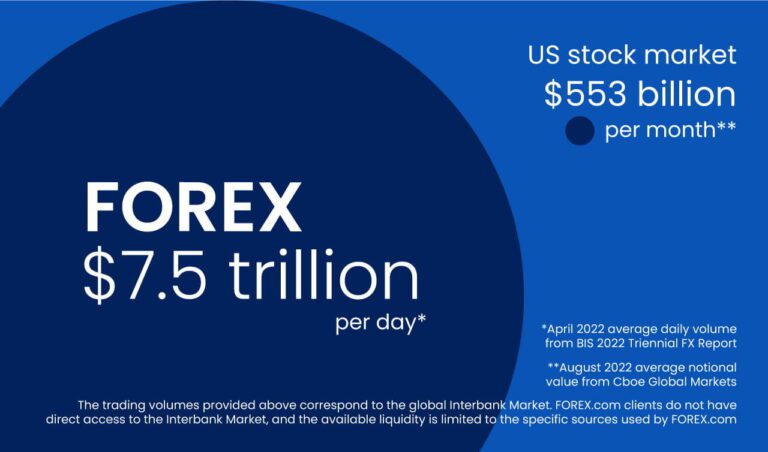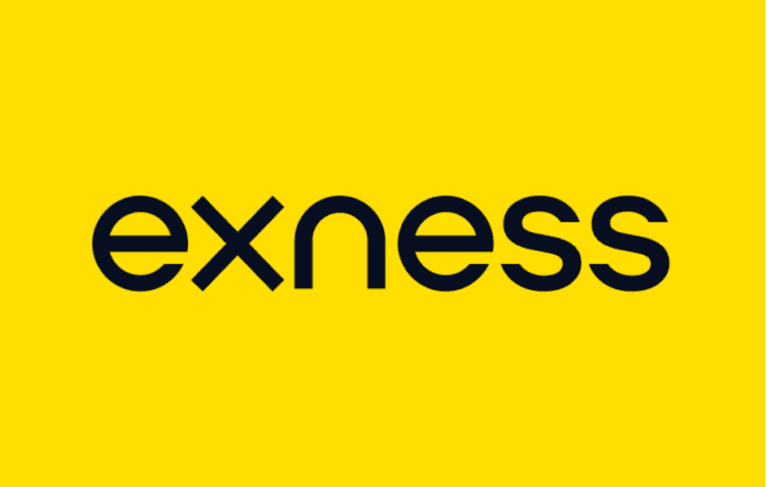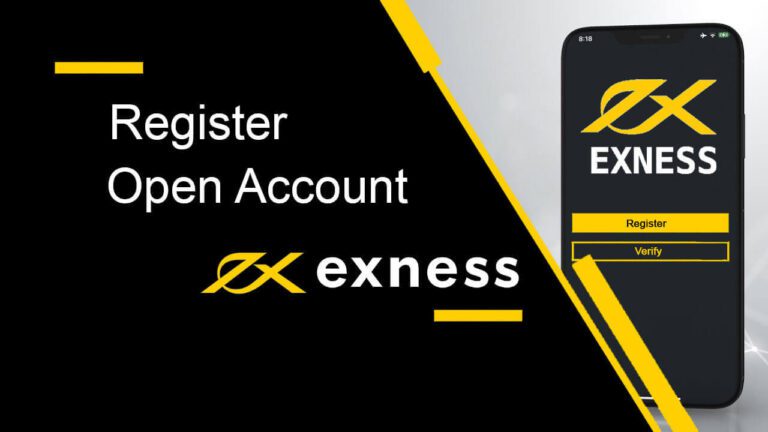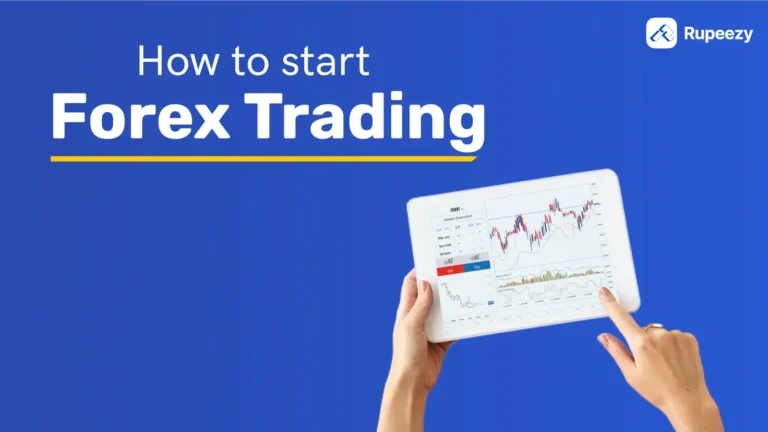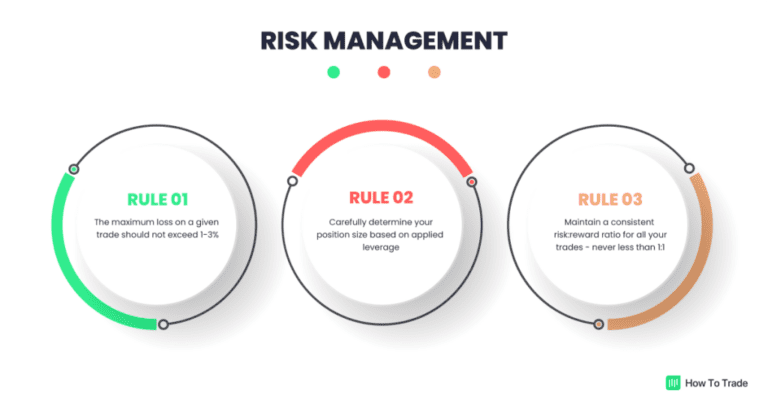Choosing the right forex broker is a crucial step for any trader, whether you’re a beginner or experienced. Here are key factors to consider when selecting a broker:
1. Regulation and Trustworthiness
- Check Regulatory Compliance: Ensure the broker is regulated by a reputable financial authority (e.g., FCA, CySEC, ASIC). Regulation ensures that the broker adheres to strict standards for protecting client funds and maintaining market integrity.
- Read Reviews: Look for reviews and ratings from other traders to gauge the broker’s reputation.
2. Trading Costs
- Spreads and Commissions: Compare the spreads (difference between buying and selling price) and commissions charged by different brokers. Lower costs can significantly impact profitability.
- Swap Rates: Consider the overnight financing fees (swap rates) if you plan to hold positions overnight.
3. Account Types
- Variety of Accounts: Look for brokers that offer different account types (e.g., standard, mini, or ECN accounts) to suit your trading style and risk tolerance.
- Minimum Deposit Requirements: Ensure the minimum deposit is within your budget.
4. Trading Platforms
- Platform Features: Evaluate the trading platform (e.g., MetaTrader 4/5, cTrader) for ease of use, reliability, and available tools (charting, technical indicators).
- Mobile Trading: Check if the broker offers a mobile trading app for trading on the go.
5. Range of Instruments
- Asset Variety: Ensure the broker offers a wide range of trading instruments, including forex pairs, commodities, indices, stocks, and cryptocurrencies, depending on your trading interests.
6. Leverage Options
- Flexible Leverage: Consider the leverage offered by the broker. Higher leverage can increase potential profits but also increases risk. Ensure you understand how leverage works.
7. Deposit and Withdrawal Methods
- Payment Options: Check the available deposit and withdrawal methods (e.g., bank transfer, credit/debit cards, e-wallets). Ensure they are convenient for you.
- Withdrawal Times: Look for brokers with fast withdrawal processing times.
8. Customer Support
- Accessibility: Evaluate the availability of customer support (24/5 or 24/7) through multiple channels (live chat, email, phone).
- Quality of Support: Test the support responsiveness and helpfulness by reaching out with questions.
9. Educational Resources
- Learning Materials: Consider brokers that offer educational resources, such as webinars, tutorials, articles, and market analysis, to help improve your trading skills.
10. Demo Accounts
- Practice Trading: Choose brokers that provide demo accounts to practice trading without risking real money. This allows you to evaluate the platform and trading conditions before committing.
11. User Interface and Experience
- Intuitive Design: Ensure that the trading platform is user-friendly and suits your trading style. A well-designed interface can enhance your trading experience.
12. Security Measures
- Data Protection: Look for brokers that use advanced security measures, such as two-factor authentication (2FA) and encryption, to protect your personal and financial information.
Conclusion
Choosing the right forex broker requires careful consideration of these factors to ensure that you find a broker that aligns with your trading goals, style, and needs. Take your time to compare different brokers, read reviews, and consider opening a demo account before making your final decision.


